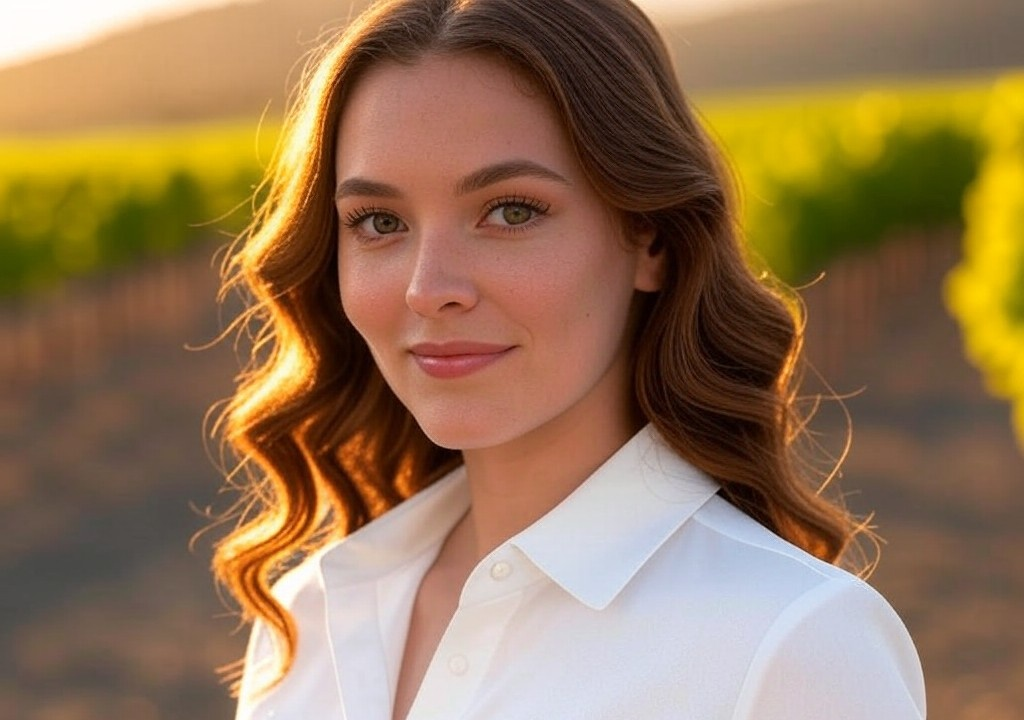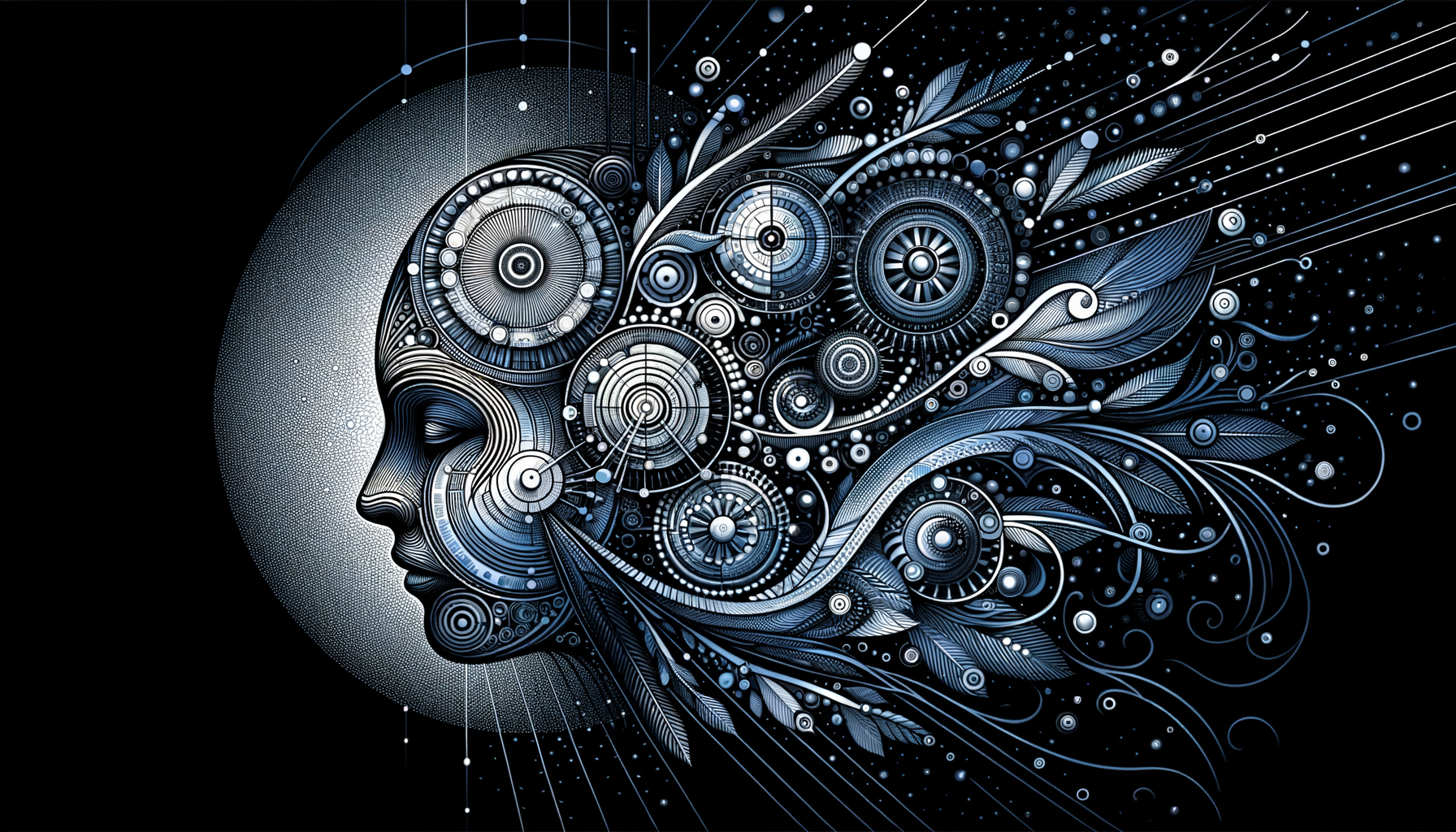There’s a moment that sticks with you, the kind you replay quietly with gratitude, like a favorite song glimpsed through an open window on a warm afternoon. For me, that moment arrived in the form of a stranger—a wiry, sharp-eyed professor in a starched linen shirt. I was abroad in France, stumbling through a semester immersed in both culinary arts and a crippling case of impostor syndrome. Though I had always loved words—and food—to the point of obsession, I wasn’t entirely convinced I had the right to claim either as mine.
“Oh, Briar,” I remember thinking during a lecture on gastronomic literature. “Why would anyone care how you feel about shallot confit? Or romance, for that matter?” I hated being what I thought of as painfully ordinary in a city full of extraordinary lives. I decided that I’d probably graduate with a hard-won diploma and quietly drift into a straightforward job in some wine cellar back in Napa Valley. Practical, unremarkable, and entirely predictable. The problem with dreams is often the audacity required to chase them.
But then—a conversation.
The Coffee That Changed Everything
I’d only ever spoken to Professor Pelletier in class. He brought an intensity to lectures that made you feel you were wrestling with ideas at the same table as Julia Child herself. That day, I’d turned in a lackluster essay on pairing food with the metaphor of memory (I know, pretentious). It came with a note at the end: “See me after class.”
What I hadn’t expected was for “after class” to mean a lingering coffee at a corner café, complete with a just-detailed-enough critique of my essay that felt both mortifying and flattering. “You write as though you’re afraid of being wrong,” he started, acknowledging the slight hitch in my breathing. “But the way you describe the idea of tasting love in spoonfuls of hollandaise... there’s honesty there. And truth always earns its readers.”
Was I embarrassed to tears? Possibly. But hearing someone validate my voice felt like my world tipped just a little. He saw my potential before I had dared to. He waved a dismissive hand at my doubts, as though they were smoke trailing out a window, irrelevant, unnecessary. “Don’t forget,” he told me. “The best meals—the ones people remember—are never simple. They’re layered.”
“Seeing” Isn’t About Flattery
I doubt Professor Pelletier thought he was changing my life in that moment. He wasn’t lavishing me with faux praise or handing out false hope. And that’s a core truth about being ‘seen’: it isn’t about someone sugarcoating who you are or giving you blind support. It’s about someone recognizing the layers others overlook, showing you the pieces you’ve ignored, and generously holding up a mirror when you can’t see yourself clearly.
Reflecting on my journey since that conversation, I can’t help but liken these pivotal moments to perfect wine pairings. Bear with me: You know when you sip a crisp Sauvignon Blanc with goat cheese, and the unexpected harmony makes you pause? That’s what it feels like to encounter someone who sees through your self-imposed limitations. It’s sharp, bracing, and wakes you up to something wonderful.
How to Spot the People Who See You
Here’s the thing: life is full of people who miss the details—those who skim headlines rather than reading the story. But the people who see you are the ones who linger on the subtext, who sense there’s more worth uncovering even when you’re too modest (or overwhelmed) to tout it yourself. They’re rare, yes, but they exist. Want to recognize them when you meet them? Let’s break this down:
-
They Challenge Without Crushing:
Someone who pushes your boundaries but never makes you feel small is worth keeping around. They don’t let you settle for mediocrity, but they remind you the leap is possible. Think Robin Williams in Dead Poets Society, urging you toward your verse—but without that whole standing-on-desks thing (unless that’s your thing, then live your truth). -
They Speak to the Real You, Not the ‘Performance’ You:
These people don’t buy the façade. They laugh at your bad jokes, engage with the ideas you’re not sure anyone understands, or call out the safe choices you’re making in life. They’re the ones who look at your carefully curated social media persona and say, “Nice captions, but what are you actually working on?” -
They Celebrate the Weird, Mismatched Parts of You:
Great relationships (and great life moments) don’t shy away from complexity. The same way blue cheese and honey shouldn’t pair—but do—they embrace what makes you unique. You’re a wallflower with an encyclopedic knowledge of wuxia films? They bring it up at parties. You find metaphors in vineyard soil? They’ll call it your superpower.
Staying Open to Being Seen
Being seen is a gift, but it’s not entirely passive. A huge part of the process involves staying open—flexing insight, trusting vulnerability, throwing away the polished version of yourself you think others want to engage with. And let me tell you, that’s harder than mastering creme brûlée with a barely functional blowtorch.
But looking back, I see now that my life found its best grooves after moments of intersection with people who cared enough to look deeper. Professor Pelletier, yes. But also an old friend who pushed me to write my first memoir, my parents who didn’t flinch when I walked away from “practical” jobs, and even strangers who’ve shared quiet encouragement at unexpected times.
Here’s the messy but wonderful reality: not everyone will see you, and some won’t care to. But when you find those rare souls who do? Keep them as close as wine to the right glass. They might just change your story—or remind you that you’re capable of rewriting it all along.
Pass the Mirror (And Maybe A Second Glass)
There’s no magic step-by-step guide to finding the person who sees you (though I’d argue a detour to a French café isn’t a bad idea). But you can stay curious, brave, and relentlessly honest about yourself. Surprise yourself as often as possible—your best moments often come in the tension between self-discovery and an open-door conversation.
And when someone sees you for who you really are? Pour a glass of something wonderful, raise a toast to the layers—your layers—and lean in.




















